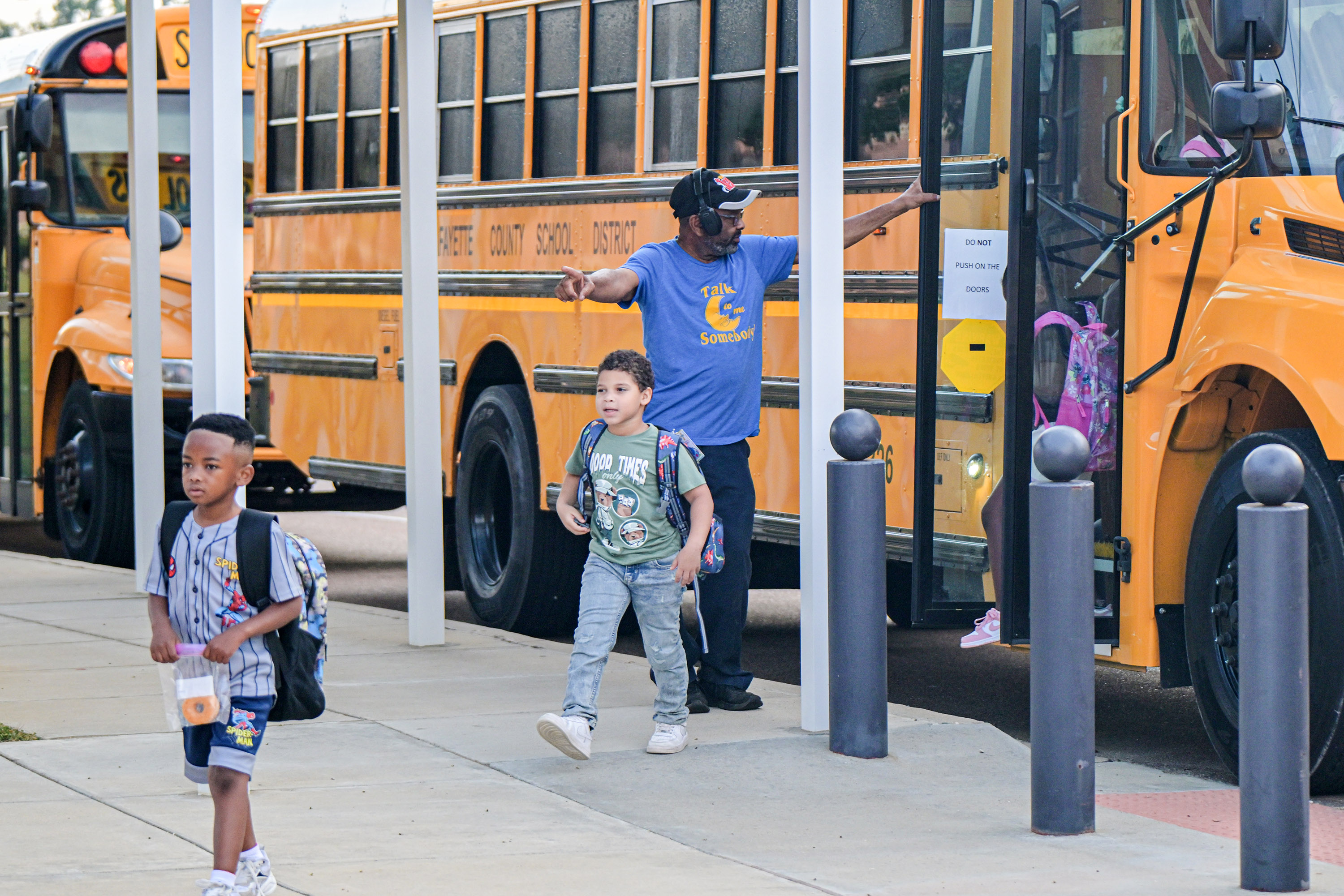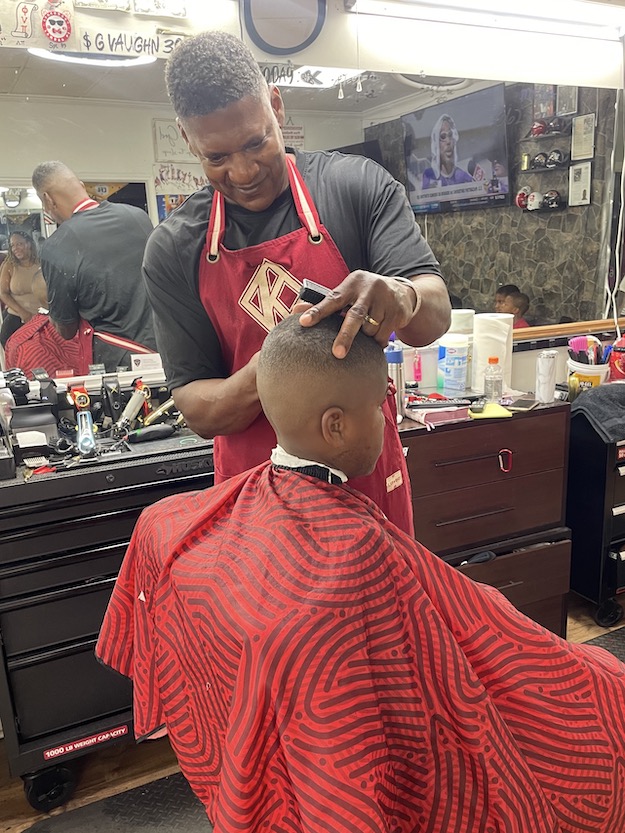Uber Health to offer free rides
Published 9:12 am Wednesday, October 25, 2023

- Uber can bring you to your health care appointment. (Why Kei/Unsplash)
Mississippi residents living in areas served by Uber are in for a treat starting next month—they can get free rides to their local health department appointments. This new initiative springs up as the state grapples with a health care crisis, aiming to solve transportation woes for rural folks and, in turn, reduce the number of missed appointments at health departments.
The Mississippi State Health Department is set to pay Uber Health up to $1 million to supply non-emergency rides as part of a one-year emergency contract. These rides will help patients get to their health department appointments, the pharmacy if needed, and then back home. Even though the contract became effective in September, the free ride services will kick off in November.
According to the Mississippi State Health Department, complimentary transportation is available for adults at least 18 years old. This service covers individuals visiting a county health department clinic or office for health services or picking up prescriptions received at a county health department clinic. Additionally, patients may have up to three riders in total.
Trending
You may bring up to two other people with you if you need assistance during your visit to the health department, especially if you require help moving in and out of a vehicle. Children can also be accommodated, with a maximum of two children, as long as the number of passengers is three or fewer. If your children need a car safety seat, you should provide these. The maximum capacity is three passengers, including adults and children.
The process for arranging a ride is straightforward. When scheduling an appointment for health services, patients will be asked whether they need help with transportation. If transportation arrangements were not made during the initial appointment scheduling, individuals can call to schedule transportation immediately or up to 30 days in advance.
After an appointment, you can call to arrange a ride if you need to pick up prescribed medications from a pharmacy. Once you’ve requested a ride, you’ll receive a confirmation via text message or phone call. Additionally, you’ll receive reminders on your phone the day before your ride and 30 minutes before your ride arrives. These rides are arranged through Uber and an Uber driver will arrive to take you to your destination.
The good news is that patients won’t be charged a dime, as the health department will take care of scheduling the rides.
The funding for this initiative is coming from a federal grant, although agency officials didn’t specify which grant. Uber’s role involves checking its service coverage in Mississippi, teaming up with the health department’s Office of Health Equity to spread the word about this program, and helping to create a marketing plan to ensure enough drivers are available.
During a recent State Board of Health meeting, State Health Officer Dr. Daniel Edney highlighted how crucial this contract is in tackling transportation challenges, a significant factor affecting access to health services.
Trending
Rural Mississippi has been dealing with transportation issues that create a big barrier to healthcare access. A survey in 2022 showed that over 20 percent of individuals without transportation missed or skipped a medical appointment, with people of color and those with low incomes being affected the most.
Edney mentioned that Mississippi county health departments currently have a 50 percent no-show rate.
This program is limited to counties where Uber operates, leaving some rural areas out. Additionally, some studies show that having rideshare services around doesn’t significantly lower the rate of missed health care appointments.
Uber Health, which kicked off in 2018, has been helping more than 3,000 health care customers, and the contract with Mississippi is crafted so that other states could use it as a model. Health department officials say that to their knowledge, Mississippi is the first state agency to make such a deal with Uber, marking a significant move in bringing rideshare services into the health care realm. This follows a broader trend, with Lyft being the first rideshare company to launch a non-emergency medical transport program in 2016.





